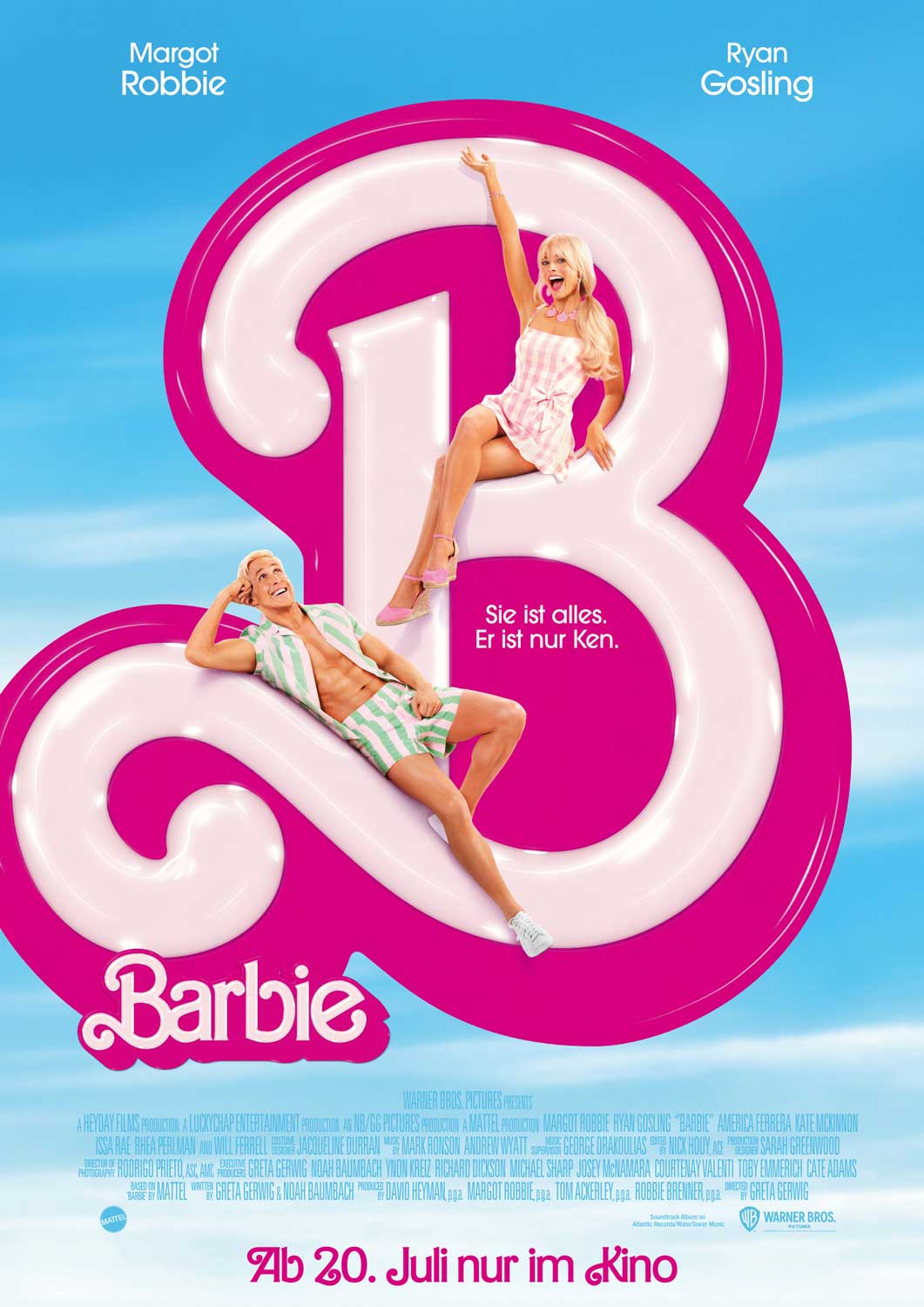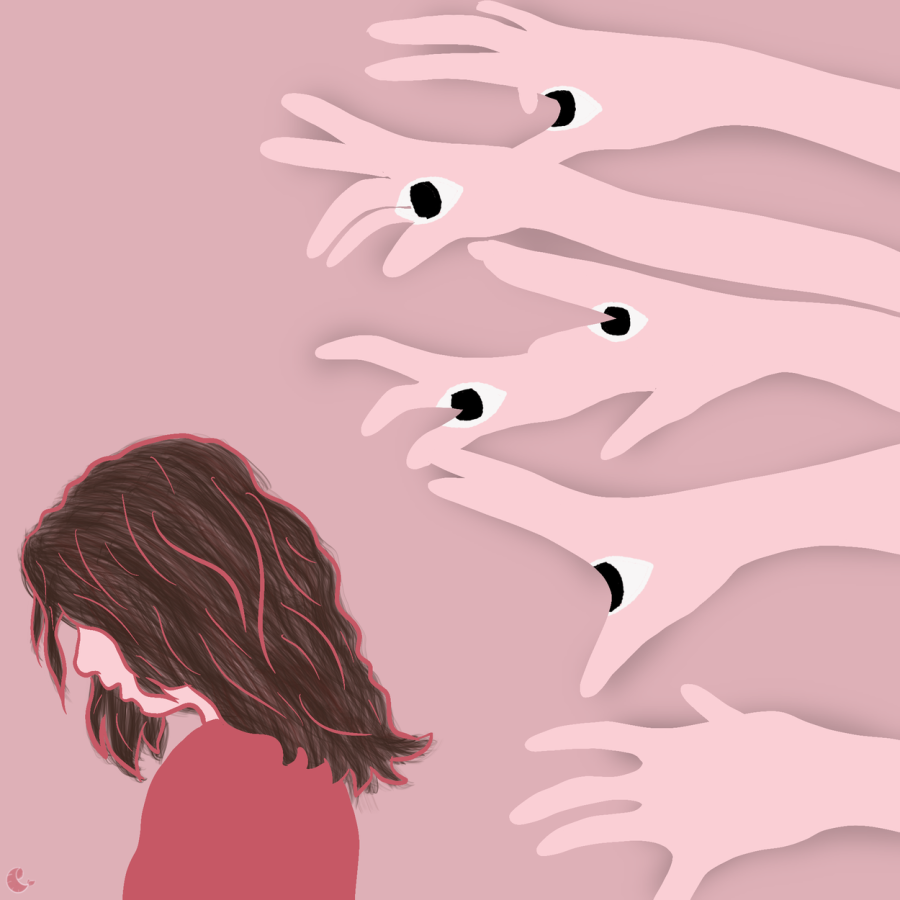The concept of the male gaze, introduced by Laura Mulvey in her groundbreaking essay Visual Pleasure and Narrative Cinema (1975), critiques how women have historically been depicted in visual media as objects of heterosexual male desire. For decades, this framework has shaped how audiences consume films, music, and other entertainment, reinforcing a gendered dynamic of power and objectification. However, the tide is shifting, with contemporary works challenging and subverting the male gaze, offering fresh perspectives that reclaim the narrative for women.

Tracing the Male Gaze in Media
In traditional cinema, women often exist as passive objects, positioned for the pleasure of male protagonists and, by extension, the male audience. Iconic examples include Hitchcock’s Vertigo, where the female character is molded—both literally and figuratively—by the male protagonist, or Bond films, where “Bond girls” serve as adornments to the male hero’s storyline. These depictions reinforce male dominance and reduce women to their physical appearance or compliance with male fantasies.
Even in modern pop culture, the legacy of the male gaze persists. Music videos, advertising, and mainstream blockbusters frequently present women through hypersexualized lenses. These portrayals cater to patriarchal ideals, perpetuating unrealistic beauty standards and diminishing women’s agency.

Defiance Against the Male Gaze
In recent years, creators and performers have actively resisted the male gaze by crafting narratives and visuals centered on female autonomy, perspectives, and desires. Here are some notable examples:
- Feminist Cinema:
- Films like Promising Young Woman (2020) and Thelma & Louise (1991) confront the consequences of patriarchal violence and oppression. These stories prioritize female agency and defy traditional objectifying tropes.
- Greta Gerwig’s Barbie (2023) humorously critiques gender stereotypes while celebrating women’s individuality, proving that media can thrive without pandering to male desires.

- Magic Mike and the Inversion of the Gaze:
- The Magic Mike franchise flips the script by objectifying male performers for a primarily female audience. Through its playful celebration of female desire, it reclaims the narrative of sexual expression and turns the camera’s gaze back on men.

- K-pop and Resistance Through Lyrics:
- In K-pop, groups like BLACKPINK and (G) I-DLE have incorporated feminist themes into their work. For instance, (G) I-DLE’s song I FEEL challenges objectification with lyrics that celebrate self-love and confidence. It’s a direct counter to the male gaze, empowering women to own their bodies and their narratives.

- Female Directors and Diverse Perspectives:
- Female filmmakers like Chloé Zhao (Nomadland) and Céline Sciamma (Portrait of a Lady on Fire) prioritize female subjectivity, creating nuanced stories where women are more than objects—they’re complex beings with agency.

Why It Matters
The defiance against the male gaze is more than a cultural trend—it’s a reflection of evolving societal norms. By challenging entrenched perspectives, these works contribute to a broader dialogue about gender equality and representation. They highlight the need for more diverse creators and voices in the entertainment industry, ensuring that the camera doesn’t just look through one lens.
The Path Forward
While progress has been made, the male gaze is still deeply rooted in global media. Its eradication requires more than counter-narratives—it demands systemic change, from diversifying who tells stories to ensuring equitable representation behind the camera. By supporting creators who resist traditional frameworks, audiences play a crucial role in shaping the future of entertainment, one where everyone’s story is told with authenticity and respect.


This blog provides a comprehensive and insightful analysis of the concept of the male gaze, tracing its historical roots while celebrating the recent cultural shift toward defying it. The discussion is well-structured, starting with Laura Mulvey’s foundational theory and moving through examples of how the male gaze has traditionally objectified women in media, such as in Vertigo and the James Bond franchise. The transition to examples of defiance, including Promising Young Woman and Barbie, adds a hopeful and forward-looking dimension to the piece. By incorporating diverse examples, from feminist cinema to K-pop, the blog highlights the global and multi-genre resistance to this outdated perspective.
One of the most compelling aspects of the blog is its emphasis on why challenging the male gaze matters. It successfully ties this cultural shift to broader issues of representation, equity, and societal change, making the argument both relevant and impactful.
And I have a little suggestion that maybe you can explore how audiences can actively support media that challenges the male gaze. For instance, encouraging viewers to support films directed by women or those with empowering female characters could help promote more diverse representations in media.
I love your blog! I think your blog has a clear theoretical framework. Through your introduction of the origin of the male gaze and its embodiment in classic movies and advertisements, I can have a deep understanding of how traditional media portray female images through the male perspective and reinforce gender inequality.
I think it is a good point that when you discuss the transformation of the male gaze, you put forward the “rebel” performance in modern media, especially in some female-dominated film and television works and advertisements, where the female image no longer simply relies on the male gaze but presents a more autonomous and powerful appearance.
This change from “domination” to “rebellion” is a significant cultural phenomenon! However, the case study on the rebellious trend in modern media can be more specific, such as providing more actual film and television works or advertising cases to demonstrate these changes. But overall I think your blog is very well written! The context of the article is very clear, and I have a lot of thinking.
I really like what you have expressed, you have given a lot of examples and they are very powerful. And you gave a great perspective on the anti-gaze of women. Your post uses a clear framework to present and explain what it is and how it is developing now. I think it’s good explainer. I think it would have been better if you had incorporated some more of your own characteristics, such as exploring the anti-gaze further.
Your blog, The Male Gaze in Media: From Domination to Defiance, offers a strong look at how the male gaze has changed in visual media. The examples from feminist films and worldwide pop culture clearly show the move towards female independence and power. The part discussing the importance of this resistance is especially impactful, connecting representation to larger social changes.